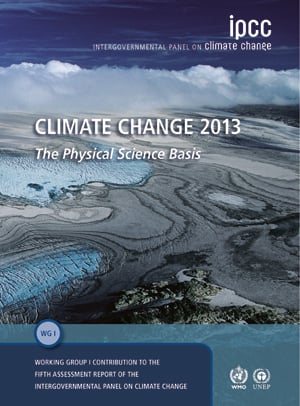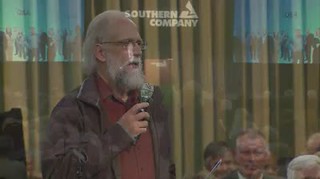Dr. Richard posted this letter to the editor of the The Spectator, VSU’s student newspaper, on SAVE’s facebook page today. I added the links and the images. -jsq
I would like to address the VSU community with this letter.
VSU Students, faculty, and staff, did you know that many of the clothes that we admire and purchase in the USA are made in places like Bangladesh? Indeed, some of our most popular brands of clothing, including GAP, Old Navy, and Banana Republic originate there. Perhaps you know that many Bangladeshi clothing manufacturers employ children as young as 12 years old who earn as little as $32 per month despite working up to 14 hours a day? It’s little wonder that so many of us can look so stylish—and for relatively little money.
If you didn’t already know this, does it matter to you now? Are you concerned that the money you spend supports sweatshops in Bangladesh
and elsewhere, perpetuating the misery of millions of our fellow human beings? Undoubtedly many of us are concerned, and we understand that we can make a difference in the world by being more judicious about where we shop. It’s why we choose to buy groceries at worker-friendly Publix rather than Continue reading









![168292900_900x675[1]](http://www.exposingthetruth.co/wp-content/uploads/2013/09/168292900_900x6751-300x225.jpg)





